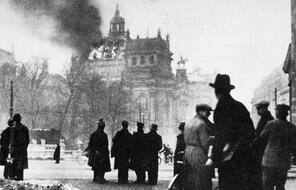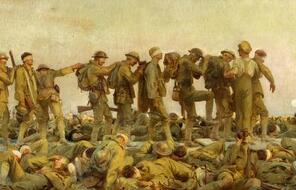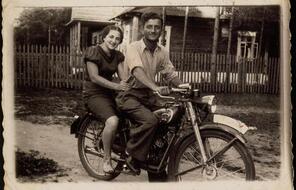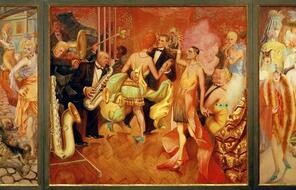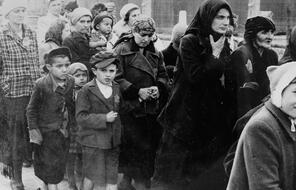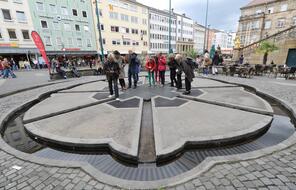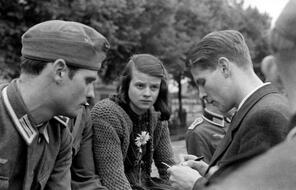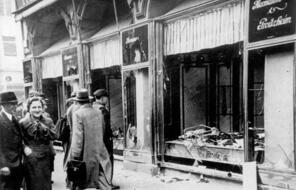Martha’s Letter to Helen
Subject
- History
Language
English — USUpdated
See what Martha Sharp told Helen Lowrie below:
Hotel Metropole Lisbon
December 2, 1940
My darling Helen,
…
Helen, dear, I can never adequately express my gratitude for all you have done for me and meant to me in the last five months. I have never worked so intimately with anyone but Waitstill nor shared so completely a life with anyone else but Waitstill and yourself. So, I shall have to put you in the place of my very dearest and best friend. The only tragedy about it is that I cannot look forward to its ever happening again. It has been a very wonderful companionship. My respect for your ability and my very great gratitude for your self-less giving of it to our work and the perfection of two bits of work thereby with the satisfaction involved, personally, and the knowledge of the good name it gave our Committee have made the whole collaboration very wonderful. I have many regrets and misgivings about things I did but none about what you did. You gave to the fullest measure pressed down and running over and every grain was gold.
We slid out of the Gare St. Charles with lumps in our throats but there was a tang of adventure, too. Groups became acquainted. I opened the package of berets and gave them out according to size. Each when finally adjusted was worn at a completely different angle - in a very special way.
...
After dinner the group gathered once more for the last night of travel. The bus took us to the station. We found our first class coaches; these were better than those of the previous night: we had had a broken window in one coach, the children had lain on the upper mattresses on the floor, the others on the under supports of the seats. We were ready to go by 10 P.M. We had a box of bottles of water aboards - it cost $8!- and bags with breakfast in them were stowed away. Another night of torture - Mercedes waking up every hour - screaming - clement pushing her. Alexis and Irina giving up their seats at 5 A.M. to a war veteran. The diplomatic cord used to tie up coats to keep the lights in the hall out of our eyes. Dr. Dubouchet soothing her husband. The Diamants being the most charming and well-bred children in the group - under all circumstances. Finally, at 7 we slowed down for the frontier. It was very cold. We wakened the children and dressed them and then tumbled out for the tedious questioning and baggage inspection. We had surly guards who would not allow us to go from one room to another, but the passport officer was gallantry itself. The children passed in line and the women were searched - when I offered to submit he waved it aside and said that I had enough trouble with all those children without being searched!
By 10.30 we were off for Portugal. This frontier was a bit easier; the “67” did not have to be unloaded, but they searched them inside. I got into trouble with those tiny earthen l Frank dishes I bought for Martha Content. They insisted on taking them and putting them in the Douane. I objected - had finally five Portuguese all dancing about the bag as though that had discovered it contained dynamite - and finally I said - If you take it to the douane I can never get it back because I am sailing to America to-night, and it only contains toys for my children. He fiercely demanded “How many children have you Madame?”. At this juncture the passport officer arrived and answered the question: “Madame has twenty seven children.!” The douane officer looked at me in amazement and said “Mon dieu, if Madame has 27 children she has enough trouble and needs all of these things for them to play with. Take them, take them, Madame!”
...
The Children were settled miles out in the country - in a house all their own - later with their own chef. The only difficulty was the lack of heat, but that story remains to be told later, when you have more patience.
Thus ended the emigration - as far as Lisbon. A radiogram this morning from my ship - the S.S. Excalibur which lands to-morrow - brought forth the following radiogram from their ship the Excambion, which sailed night before last “Everybody aboard love Irina”. And so I say, too - everybody aboard - finis - until they arrive in New York.
Love to both and a Merry Xmas.
Martha.
How to Cite This Reading
Facing History & Ourselves, “Martha’s Letter to Helen”, last updated February 26, 2021.

